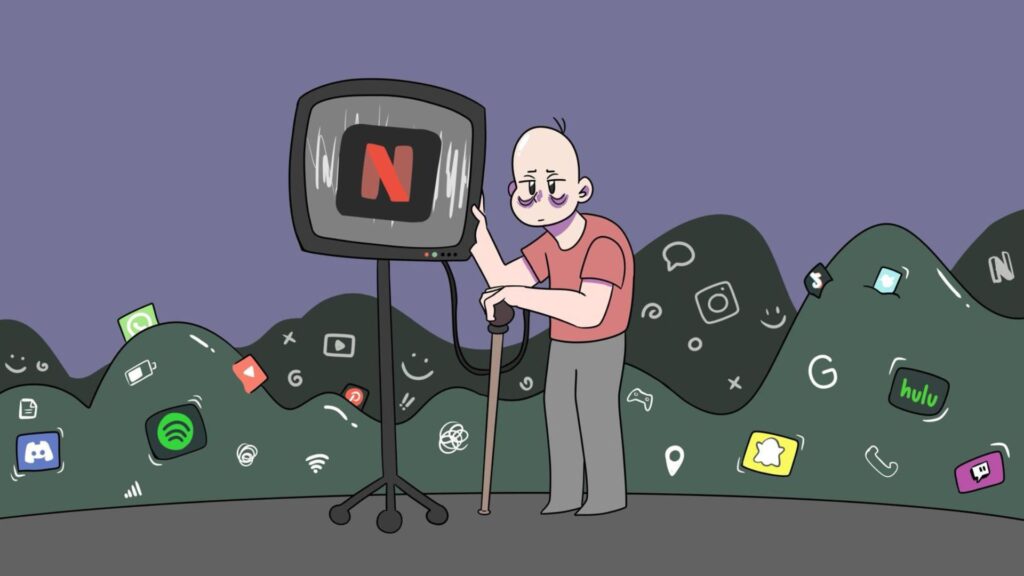Dopamine Nation Warns Us Against Chasing Pleasure
Is it better to seek pleasure or to avoid it?
More than 2,000 years ago, ancient Greek philosophers like Plato, Aristotle and Epicurus posed the same question, and today, it remains relevant.
Anna Lembke, the chief of the Stanford Addiction Medicine Dual Diagnosis Clinic at Stanford University, explores the age-old question in her book Dopamine Nation.
Contrary to what our society believes, the excessive pursuit of dopamine, a chemical released by the brain during pleasurable activities, is making Americans more vulnerable to anxiety, depression, suicide and addiction.
In the United States, deaths related to drugs and alcohol have increased by more than five percent, Lembke said. The internet has even created new addictions, such as nomophobia, the irrational fear of being without a mobile phone.
In fact, America is no longer part of the top 20 happiest countries in the world for the first time since the ranking emerged.
If we are experiencing an unprecedented time of wealth, freedom, technological progress and medical advancement, why does our society appear more unhappy and in more pain than 12 years ago?
According to Lembke, it’s because we’re chasing dopamine. Whether it’s a second slice of cake or watching one more episode of our favorite show, we have become used to getting what we want, when we want it.
Seeking pleasure and abundance is a natural tendency, but the amenities of the 21st century have made it too convenient for humans to gratify those desires. Our resistance to pain has been diminished and we’ve become emotionally fragile people.
We’ve also become less resilient and resourceful. Despite having information at our fingertips, our generation lacks the work ethic and drive to persevere in the face of adversity.
Most teenagers today don’t know the pain of having to dig through encyclopedias to complete a research paper at 9 p.m. on a Thursday night, or the inconvenience of having to return to the library multiple days to finish a homework assignment.
Society caters to that mentality. Films, news and social media videos are becoming shorter and jam-packed with gimmicks to avoid losing viewership.
Companies are constantly marketing new products promising to satisfy unfulfilled desires, from entertainment and food, to companionship and peace.
Even losing weight has been watered down to “five-easy steps” that trade diet and exercise for weight-loss medication.
So, what should we do? Live in caves like hermits and deprive ourselves of positive emotion and pleasure? No.
However, we did not come into the world just to be happy, and we need to be okay with that. Chasing pleasure makes us like animals. No matter how much the hamster runs on the wheel, it never catches the carrot.
We must learn not to be dopamine-dependent.

